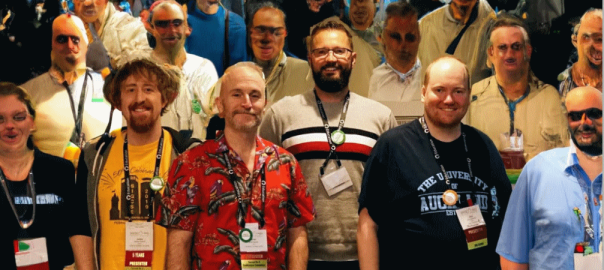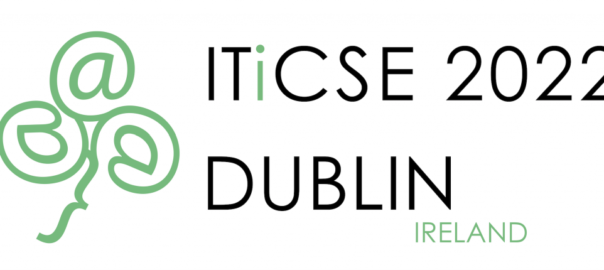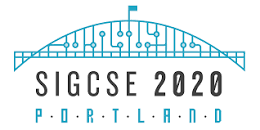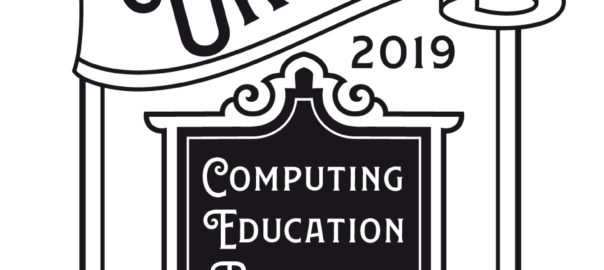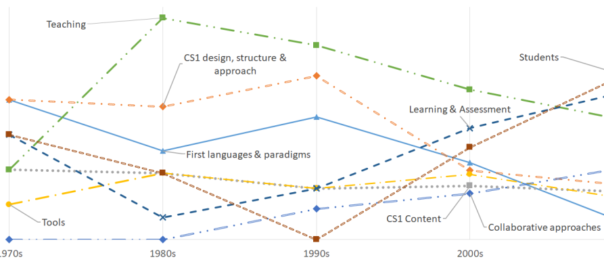This year I’m thrilled to be serving as the SIGCSE 2020 International Liaison. Although I originally hail from the US, I’ve been based in Ireland for decades and I attend US conferences as an “international” attendee. My first SIGCSE Technical Symposium was a bit overwhelming. I knew (of) many of those who attended my talk but they definitely didn’t know me! I also didn’t really connect much. It wasn’t until I participated in an ITiCSE working group that I really began to get involved in the SIGCSE community.
A number of recent comments have indicated opportunities to improve the experiences of SIGCSE attendees who are traveling from outside the US, and in particular for those attendees who are relative newcomers to the Symposium.
For the last decade (2010-2019 inclusive) the average symposium attendance was 1385. The average number of non-US attendees was 101 (7%). Excluding Canada, this falls to 71 (5%). In 2019, a record attendance year, these numbers were actually slightly lower percentage-wise. We would like to see these numbers improve.
I am happy to announce that this year the SIGCSE Symposium is piloting an “International Buddy Program”. Simply put, the program pairs up non-US attendees with more experienced attendees (from anywhere) to try and improve the experience of those coming from outside the US, and particularly those who are relatively new to the Symposium or the community. Everyone who registers for the Symposium will have an opportunity during registration, to sign up to be paired-up, either as a non-US attendee or as an experienced attendee. Of course this is optional! More details are available at https://www.brettbecker.com/sigcse2020/
I’d also like to thank the expanded International Committee for their service this year (listed below).
If you have any questions, feel free to email me directly.
Finally, if you are from outside the US and going to Portland, don’t forget to sign up for the international lunch during registration!
SIGCSE 2020 International Committee
| Miles Berry |
University of Roehampton |
| Steven Bradley |
Durham University |
| Jennifer Campbell |
University of Toronto |
| Ernesto Cuadros-Vargas |
UTEC |
| Paul Denny |
University of Auckland |
| Rodrigo Duran |
Aalto University |
| Orit Hazzan |
Technion |
| Arto Hellas |
University of Helsinki |
| Amey Karkare |
IIT Kanpur |
| Carsten Kleiner |
Hochschule Hannover |
| Viraj Kumar |
Indian Institute of Science |
| Chao Mbogo |
Kenya Methodist University |
| Chris McDonald |
University of Western Australia |
| André Santos |
Instituto Universitário de Lisboa |
| Marco Silva |
Federal University of Technology |
| Lenandlar Singh |
University of Guyana |
| Hironori Washizaki |
Waseda University |
| Gary Wong |
University of Hong Kong |
| Ming Zhang |
Peking University |
Like this:
Like Loading...
